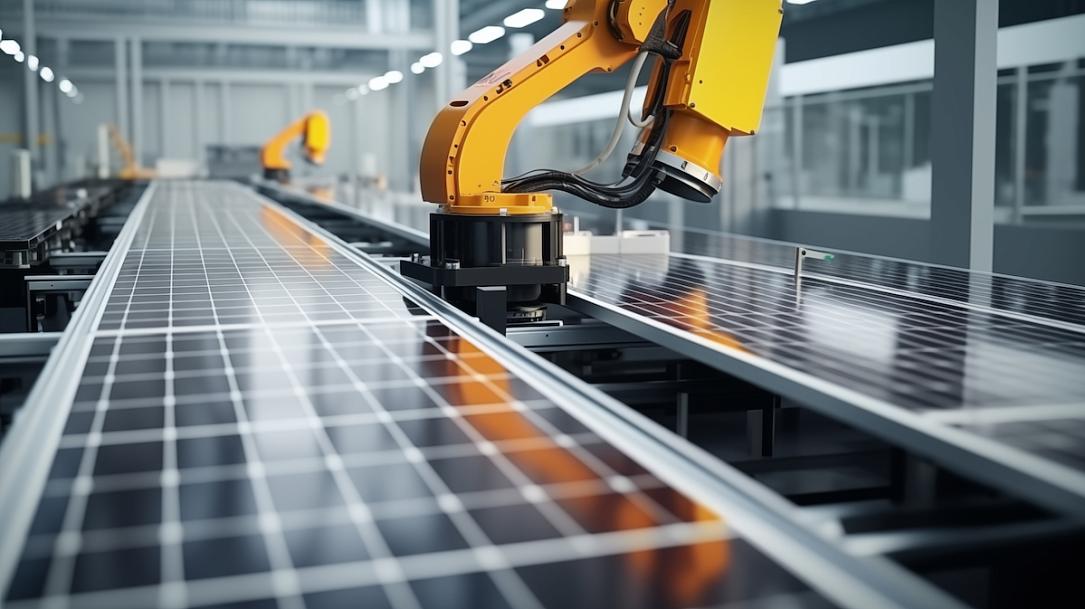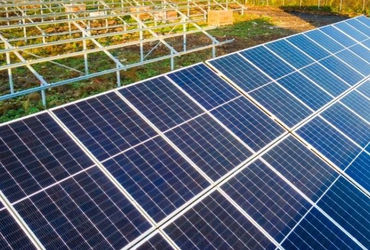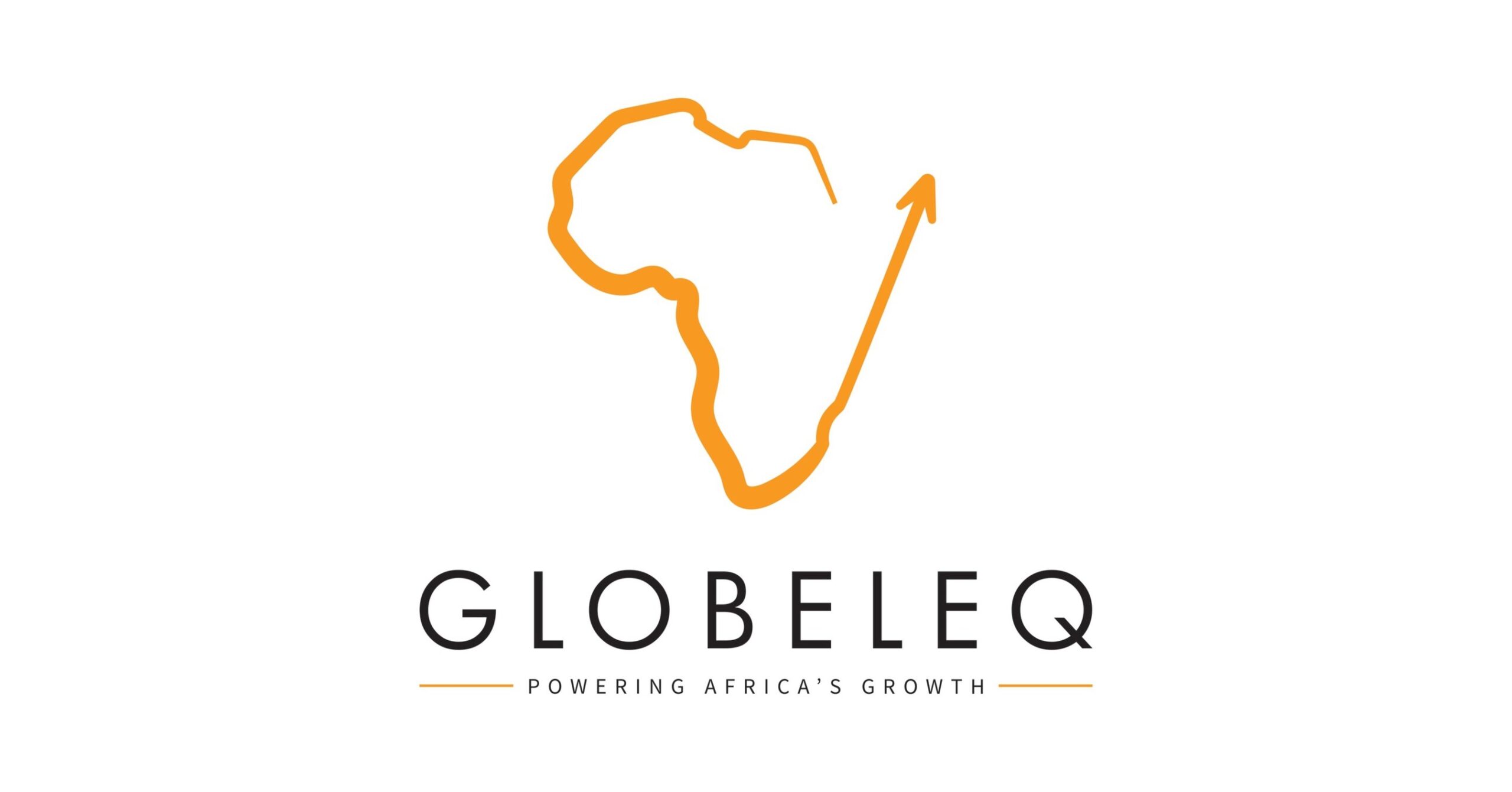China Photovoltaic Industry Association Critiques U.S. Trade Policies
The China Photovoltaic Industry Association (CPIA) has voiced strong objections to the United States’ extensive subsidies for its solar industry and the high tariffs imposed on imported solar products. In a recent statement, the CPIA asserted that these actions are disrupting the global solar market and hindering international collaboration in addressing climate change.
Protectionism and Tariff Increases
CPIA officials highlighted that the U.S. has constructed barriers to trade by implementing multiple restrictions and escalating tariff rates on photovoltaic products. For instance, in May, the U.S. raised the import tax on Chinese solar cells from 25% to 50%, further entrenching protectionist measures that could stifle global trade.
Discriminatory Industrial Policies
The CPIA criticized the U.S. for enacting exclusive policies through legislation like the Inflation Reduction Act and the Infrastructure Investment and Jobs Act, which provide substantial subsidies to domestic photovoltaic manufacturers. The Inflation Reduction Act alone allocates $369 billion to promote investments and production in the clean energy sector, significantly favoring U.S.-made products.
Violations of Multilateral Trade Rules
The association contends that these policies violate multilateral trade agreements and disrupt the global supply chain for the photovoltaic industry. Experts have pointed out that while subsidies are common in the renewable energy sector, the U.S. strategy of combining high tariffs with financial support for domestic firms constitutes a double standard, designed to impede the competitive edge of Chinese solar companies.
The Need for Global Collaboration
Experts stress the importance of collaboration among global economies to enhance mutual benefits in the renewable energy sector. Cui Fan, an international trade professor at the University of International Business and Economics, emphasized that reliance solely on market forces may delay global decarbonization efforts by decades, contradicting the urgent goals of global green initiatives.
Impact on China’s Solar Industry
Despite the U.S.’s escalating trade barriers, industry leaders assert that these measures have had limited effects on the Chinese solar market. As China’s direct exports to the U.S. are relatively modest, companies are increasingly diversifying their investments across Europe, the Middle East, and other regions. Notably, during the first half of the year, the U.S. did not rank among the top ten markets for Chinese solar module exports, with Europe and Asia collectively accounting for over 80% of these exports.
Conclusion
The ongoing discourse surrounding U.S. subsidies and tariffs underscores the need for fair trade practices in the renewable energy sector. The CPIA’s concerns reflect broader industry sentiments that emphasize the importance of global cooperation to drive down costs and enhance the adoption of renewable energy solutions worldwide.
Source: china.org.cn





